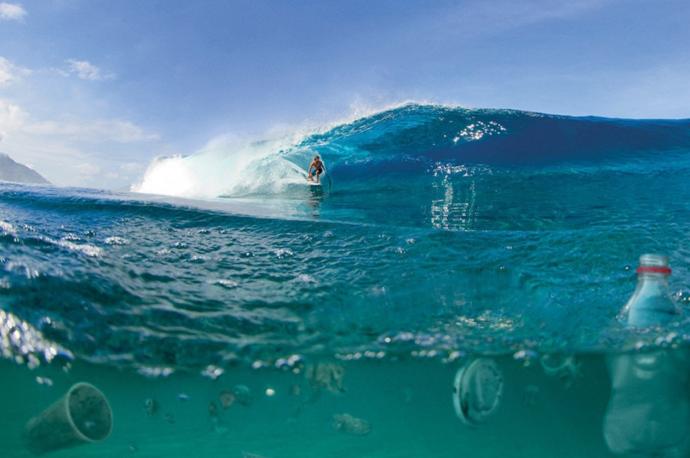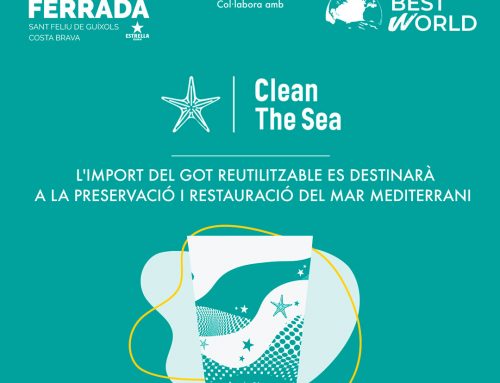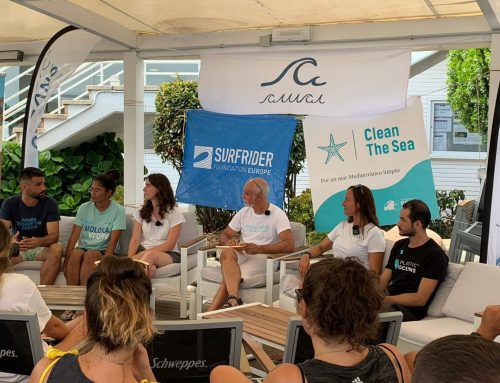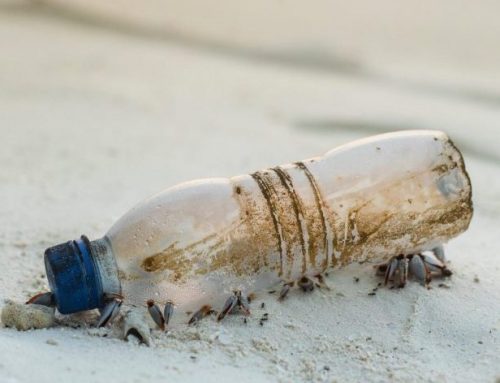@La Vanguardia
CLEAN-UP CAMPAIGNS INTENSIFY IN THE MEDITERRANEAN, ONE OF THE MOST POLLUTED SEA IN THE WORLD
Madrid, Jul 5 (EFE) importance of seas and oceans and of a significant fact: “if they drown, we all drown”.Drowned, for example, in wipes, since up to 400 kilos of this product per campaign has come to be collected by the Ecomar Foundation and “if we return in two or three weeks for another campaign, we will collect another 350 kilos », lamented its president, Theresa Zabell.
More than 20 years “thinking in blue and caring for the sea through sport” have passed since Zabell retired from Olympic sailing to dedicate himself to “giving back to the sea a small part of everything he had received” through a Foundation whose philosophy is to “prevent and educate not only people who go to the beach, but everyone at home.”
In her opinion, too many people ignore the real importance of seas and oceans and “only worry about them to go bathing in summer”, when the truth is that “they influence our day to day and there are many ways to pollute them”.
The protection of the oceans is the UN Sustainable Development Goal (SDG) number 14, because these large bodies of water “make the Earth a habitable place for human beings” and therefore “careful” management is “essential”. » with a view to a sustainable future.
This year, Ecomar will be present in more than a hundred yacht clubs in Spain and Portugal “so that children learn to care for the environment” and, although it was necessary to suspend the thirty activities that it planned to hold between April and July due to the state of alarm imposed by the health crisis, in the summer months it will maintain the planned initiatives, including its “blue workshops” to help solve the problem of marine litter.
The waste has turned the Mediterranean into one of the most polluted seas in the world “due to the high level of human activity in the area and the scarcity of cleaning measures,” agrees the promoter of the Best World Foundation, Elisenda Franquet.< /strong>
For this reason, this entity has launched the project ‘Clean the Sea’ (‘Clean the sea’, in English), whose activity is currently focused on the area around the Ebro river, where concentrates a very high level of microplastics.
“We clean the river to also clean the sea,” she explained to Efe, when describing the photocatalytic system installed at the mouth of the largest Spanish watercourse to disintegrate microplastics.
The foundation also uses a boat that, in its front part, has two paddles installed that drag garbage up to ten centimeters deep to help keep the river clean.
However, «if we continue to consume like crazy and throw things away, no matter how much we clean, we will achieve nothing», so they complement these interventions with educational activities for children and local communities, including the design of participatory sculptures with the waste they collect.
In fact, the project also helps to generate green employment from the plastic waste found, which is recycled in the form of furniture and other objects.
“If we are all water and the ocean is this dirty, we will not get very far as humanity”, both foundations warn, so it is necessary to “turn off the tap on everything that reaches the sea” since, logically, “this way we won’t have to go pick it up”. EFE






Leave A Comment